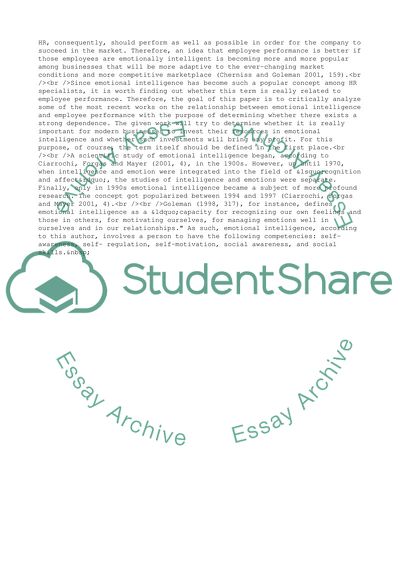Cite this document
(Relation between Emotional Intelligence and Employee Performance Essay - 3, n.d.)
Relation between Emotional Intelligence and Employee Performance Essay - 3. https://studentshare.org/business/1751478-organisation-behavior
Relation between Emotional Intelligence and Employee Performance Essay - 3. https://studentshare.org/business/1751478-organisation-behavior
(Relation Between Emotional Intelligence and Employee Performance Essay - 3)
Relation Between Emotional Intelligence and Employee Performance Essay - 3. https://studentshare.org/business/1751478-organisation-behavior.
Relation Between Emotional Intelligence and Employee Performance Essay - 3. https://studentshare.org/business/1751478-organisation-behavior.
“Relation Between Emotional Intelligence and Employee Performance Essay - 3”. https://studentshare.org/business/1751478-organisation-behavior.


